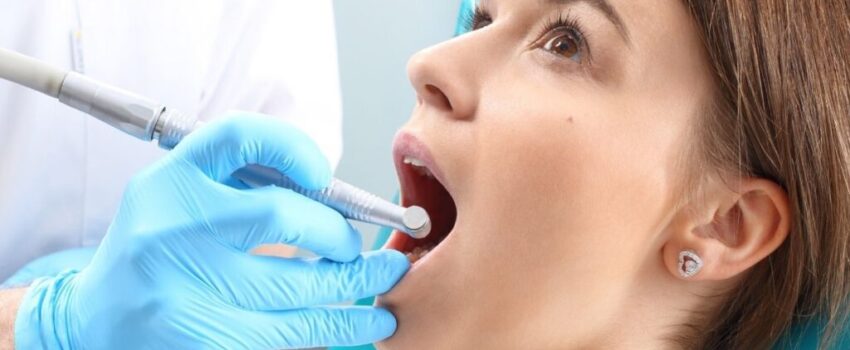Can Root Canals Cause Sinus Infection? Here’s The Answer

Published Jan 18, 2021
After undergoing root canals, some patients complain about exhibiting sinusitis-like symptoms. These symptoms can include a runny nose, sinus pressure, and postnasal drip. This is interesting because, as we know, our sinuses and mouth are connected, so could one be affecting the other? This article will discuss whether root canals can cause sinus infection and the basic interaction between our sinuses and our mouth.
What essentially is a root canal?
When people use the term root canal, they’re often referring to root canal treatment. This is an operation or procedure applied to treat an infected root canal, prevent reinfection, and preserve the natural tooth. When one goes through a root canal, the dentist will remove the inflamed or infected pulp, clean and disinfect the inside of the tooth, then fill and seal it. Millions of root canals are conducted yearly, saving tons of teeth by relieving pain and making them healthy again.
Can a root canal cause a sinus infection?
The short answer to this is that a root canal cannot directly cause a sinus infection. If you’ve recently undergone root canal treatment and experience symptoms of a sinus infection, it might be because of what is called “sinus communication.”
More commonly known as sinus communication, oroantral communication is a small hole in your sinus lining, which the dentist may have punctured during the operation. This can happen when the treatment or therapy was done on the rear upper teeth because of their proximity to the sinus cavity. Dentists will use tools to drill and clean out the roots of the infected tooth, and sometimes they can poke through the very delicate sinus lining.
Sinus communication will typically exhibit the following symptoms:
- Feeling air go through the tooth socket, almost like a whistling sensation
- Postnasal drip
- Sinus pressure and congestion
If the symptoms exhibited are relatively mild, you need not worry. Mild symptoms mean that the hole is not too big, and they will generally heal on their own without medical intervention. However, if the symptoms persist and become severe, causing intense pain, you may need medical treatment to close the hole.

Sinus infections can originate from the mouth
Experts have coined a specific term for maxillary sinusitis of dental origin in “odontogenic sinusitis.” Odontogenic sinusitis is the inflammation of the paranasal sinusitis resulting from dental pathology. We mentioned proximity being a critical factor in the spread of infections from the mouth to the sinuses, and this holds true for the rear upper dental tooth apices. These apices are adjacent to the respiratory mucosa and maxillary sinus floor, which explains how infections could transfer. Failure to treat dental infections in these areas could result in chronic sinus infections and impairment for patients.
Patients suffering from odontogenic sinusitis may experience congestion, rhinorrhea, facial pain, and foul odor. While odontogenic sinusitis is relatively prevalent, most physicians or ENT specialists typically misdiagnose patients, treating their cases as primary sinus infections. They often overlook the possibility of dental origins, which will require different methods to treat.
When to see a doctor
If you experience symptoms immediately following root canal treatment, it would be best to monitor them for a few days. If symptoms persist or worsen, you should consult with a physician or ENT specialist while bringing up the possibility that it could be sinus communication or odontogenic sinusitis.
Benefit From The Latest Advancements In Probiotic Science With Bionaze
Bionaze is a proprietary blend of probiotics proven to promote ear, nose, and throat health, improve digestion, and support your immune system. The active ingredients BLIS K12, and BL-04 are considered among the best probiotics according to science.
Get 25% Off Your First Order when you use BIO25 at checkout!

This Content Has Been Reviewed For Factual Accuracy
This content has undergone thorough fact-checking by our team of internal experts. Learn more about the meticulous editorial standard for our website here.
ADVERTISEMENT

About The Author
Judy Ponio is a professional writer based in the Philippines. Her commitment to communicating factual content in when writing is unmatched. She works hard to cross check reputable sources to ensure her work uses accurate facts.




